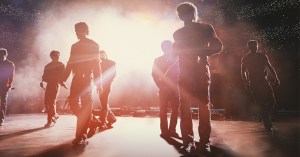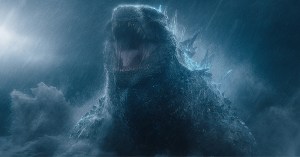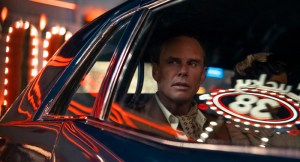Benedict Cumberbatch’s Best-Reviewed Movies
In this week's Total Recall, we look back at the Doctor Strange star's most acclaimed films.
Benedict Cumberbatch shoulders the weight of a Marvel Cinematic Universe franchise with this weekend’s Doctor Strange — a critical winner whose box-office ascension seems all but certain to complete its leading man’s journey from arthouse dramas to full-fledged blockbusters. To celebrate Mr. Cumberbatch’s latest feat, we decided to dedicate this feature to a fond look back at some of the brightest critical highlights from a distinguished (and still growing) filmography. You know what that means: by the hoary hosts of Hoggoth, it’s time for Total Recall!
10.
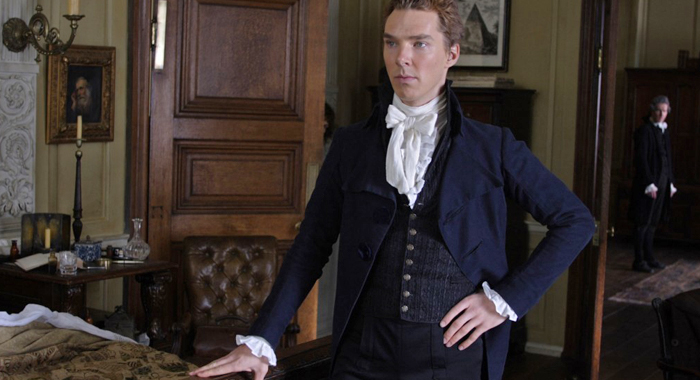
Before he started taking roles in blockbusters like Star Trek Into Darkness, The Hobbit, and Doctor Strange, if you thought about Benedict Cumberbatch, you were probably thinking of a movie like 2007’s Amazing Grace. Directed by Michael Apted, this historical drama recounts the anti-slavery efforts of British parliament member William Wilberforce (Ioan Gruffudd), whose long campaign to introduce legislation outlawing human trafficking made him a political pariah — and an inspiration to friends and contemporaries like William Pitt the Younger (Cumberbatch). “As square as this movie is,” argued David Denby for the New Yorker, “it has been made with eloquence and jaunty high spirits, and it tells a good story that is virtually unknown here.”
9.
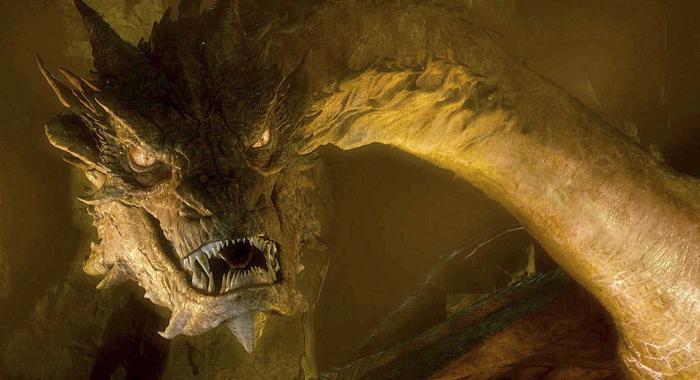
Peter Jackson set a new standard for epic fantasies when he adapted The Lord of the Rings into a blockbuster trilogy, leaving himself some big shoes to fill when he set about turning The Hobbit into a three-film saga of its own. It stands to reason that critics and audiences weren’t quite as enchanted the second time around, but this saga — in which Bilbo Baggins (Martin Freeman) joins the wizard Gandalf (Sir Ian McKellen) on a quest to help reclaim a mountain from a dragon named Smaug (a mo-capped Cumberbatch) — held up reasonably well in its own right, particularly the second installment that focused on Bilbo’s confrontation with Smaug himself. “For many,” warned the Arizona Republic’s Kerry Lengel, “Jackson’s Hobbit will look like an overly long amusement-park attraction. But for fantasy fans who have dreamed all their lives of spending time inside Tolkien’s dazzling alternative reality, it’s a ride well worth taking.”
8.
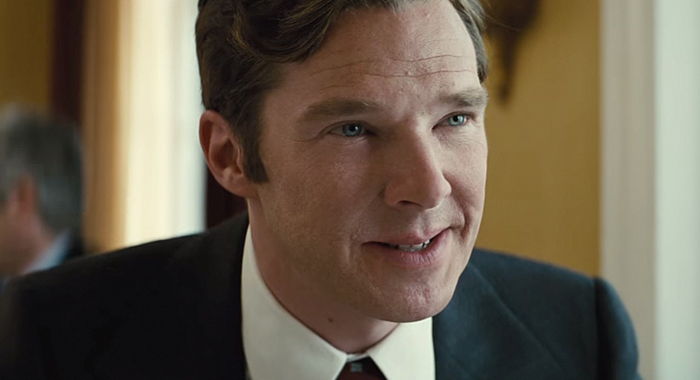
He was born in London, which wouldn’t seem to make him the most natural fit to play the brother of an infamous Boston gangster — but if you’ve watched Benedict Cumberbatch’s performance as Billy Bulger in Black Mass, you know he can pull it off. In fact, although there’s really no shortage of movies about or inspired by the criminal exploits of Whitey Bulger, this relatively late arrival managed to hold its own, thanks in no small part to the efforts of a starry ensemble cast led by Johnny Depp and rounded out by a roster that included Joel Edgerton, Kevin Bacon, and Dakota Johnson. “The acting here is much stronger and more soulful than I would have expected,” admitted Grantland’s Wesley Morris, “and not only from Depp.”
7.
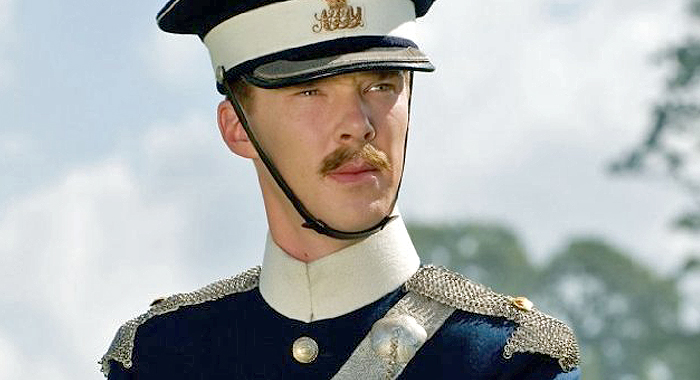
He wasn’t exactly a neophyte by 2011, but that’s the year his Hollywood star really started to rise, with appearances in front of American audiences courtesy of his roles in Tinker Tailor Soldier Spy and Steven Spielberg’s War Horse. As reflected by its name, the entire human cast essentially played second fiddle to its equine lead — but this adaptation of Michael Morpurgo’s 1982 children’s novel still lined up some pretty spectacular stars. Exactly the sort of beautifully filmed period drama you’d expect given its behind-the-scenes pedigree and Christmas Day release date, War Horse follows the astonishing WWI adventures of a Bay Thoroughbred named Joey (during which he serves under Cumberbatch’s command), as well as the equally stirring tale of his young trainer (Jeremy Irvine). While some critics dismissed the results as glossy awards bait, it proved sufficiently moving for the majority; as Steven Rea wrote for the Philadelphia Inquirer, “War Horse is sugary, to be sure — but it is sugar cut with cannon fire and barbed wire and the horrors of war.”
6.
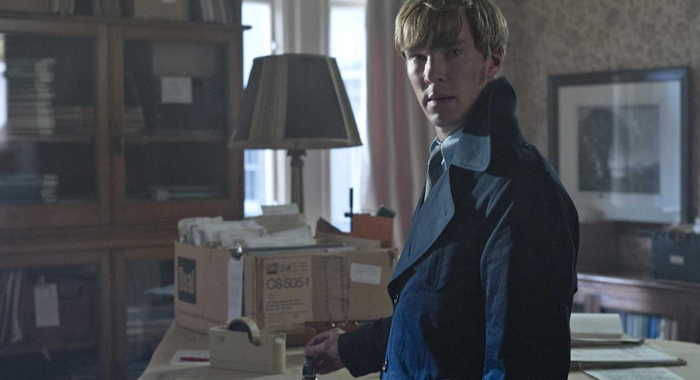
Few novelists have ever been able to match the cerebral layers that John le Carré applied to his take on the spy thriller, and adapting his work for the screen has always been a daunting task, particularly given that he operated in a genre that’s tended to prize action over intelligence. But director Tomas Alfredson (working from an adaptation written by Bridget O’Connor and Peter Straughan) proved himself more than up to the task with this 2011 version of the author’s 1974 classic Tinker Tailor Soldier Spy, starring Gary Oldman as a retired spy brought back into active duty to investigate some troubling claims made by a defected MI6 operative (Tom Hardy) with the aid of a trustworthy colleague (Cumberbatch). Cool-tempered and whip-smart, this Tailor brought the book satisfyingly to life for critics like NPR’s Ella Taylor, who wrote, “Alfredson offers no concessions to hindsight, no lessons for today. Instead, he’s kept faith with le Carré’s bleak, romantically elegiac vision of a moment in 20th century history at once glorious and doomed.”
5.
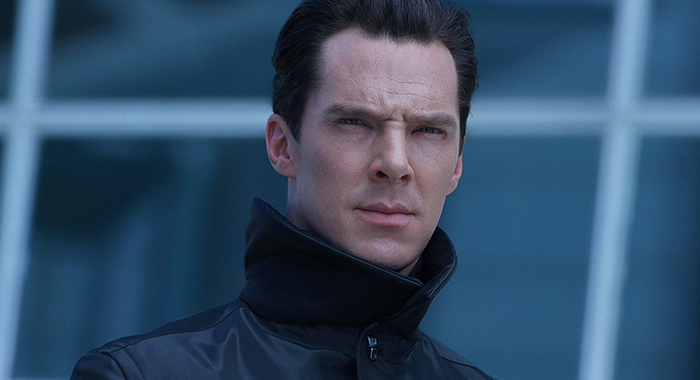
It’d take an awful lot of rich Corinthian leather for any actor to try and one-up Ricardo Montalban’s definitive performance as Khan Noonien Singh in the original Star Trek franchise. To his credit, Cumberbatch offered a decidedly different take on the role in J.J. Abrams’ rebooted series timeline, bringing the character back to life in 2013’s Star Trek Into Darkness in his own inimitably villainous way. Although not a few reviews openly lamented the loss of the O.G. Trek‘s cerebral sci-fi at the expense of a heavier focus on action, most critics were hard-pressed to argue against Abrams’ good old-fashioned popcorn fun — or the talented cast. “What this movie does with a not-unfamiliar-to-some story is pretty clever,” admitted MSN Movies’ Glenn Kenny, “and the incarnation of a classic villain by British cheekbone virtuoso Benedict Cumberbatch is vivid and engaging.”
4.
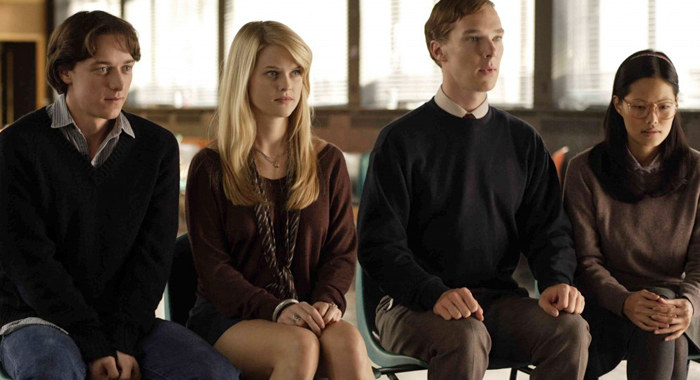
Cumberbatch’s first significant big-screen appearance came courtesy of Starter for 10, a dramedy about a college freshman (James McAvoy) who joins his campus quiz team and becomes embroiled in the squad’s interpersonal dynamics — including dealing with their snobby captain (Cumberbatch), who looks down on the new arrival despite not offering much in the way of value to the team. With a cast rounded out by Rebecca Hall, Dominic Cooper, and Alice Eve, Starter offered an early glimpse at a number of rising stars, as well as a fair bit of entertainment; as Claudia Puig wrote for USA Today, “The writing is nimble, the performances engaging and the story of a working-class boy who yearns to distinguish himself by acquiring knowledge is witty and intelligent.”
3.
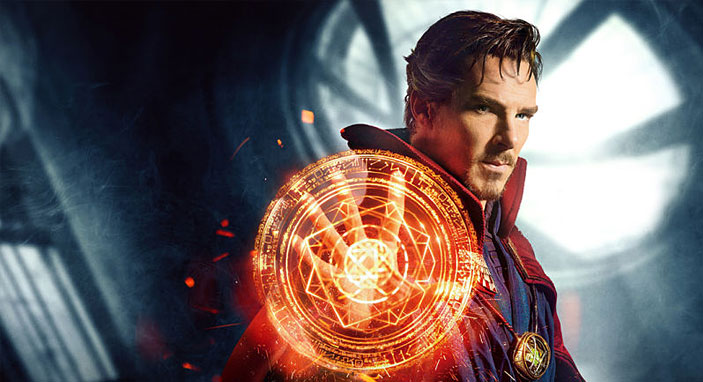
Ten years ago, the idea of a guy from London playing Marvel’s favorite Greenwich Village sorcerer seemed about as likely as the studio ever managing to make a big-screen Doctor Strange feature in the first place, but times have definitely changed. Cumberbatch donned the good Doctor’s Cloak of Levitation for what ended up becoming Marvel’s 14th consecutive No. 1 release, bringing his dramatic chops to bear on an effects-fueled adventure that repaid the audience’s patience for yet another origin story with mind-bending visuals and a storyline that brought the magical multiverse to the MCU. Hewing faithfully to the studio’s blockbuster formula while still finding refreshing ways to scribble outside the lines, the results earned overwhelmingly positive reviews — and were even intoxicating enough to win over critics who’d long since grown numb to the superhero genre’s appeal, like the New York Times’ Manohla Dargis, who described the spectacle as “so visually transfixing, so beautiful and nimble that you may even briefly forget the brand.”
2.
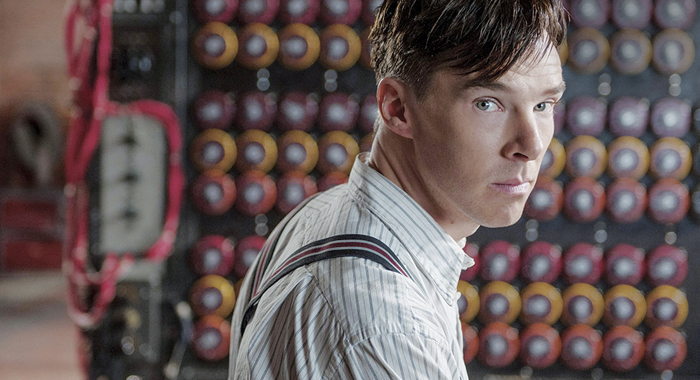
Alan Turing was a brilliant man whose work laid the foundation for theoretical computer science — and helped shorten World War II, saving countless lives in the process. He was also prosecuted for homosexual behavior at a time when the U.K. criminal code classified it as gross indecency, sentenced to chemical castration, and died of cyanide poisoning just shy of his 42nd birthday. A fascinating, influential, and painful life, in other words, all brought brilliantly to life in the Oscar-winning The Imitation Game, starring Cumberbatch as Turing in a role that brought him fresh accolades during a busy year that also included The Penguins of Madagascar and the final Hobbit film. “Cumberbatch is moviedom’s man of the moment,” observed Joe Williams for the St. Louis Post-Dispatch, “and with this painfully human performance, the actor who has specialized in difficult geniuses finally cracks the code of compassion.”
1.
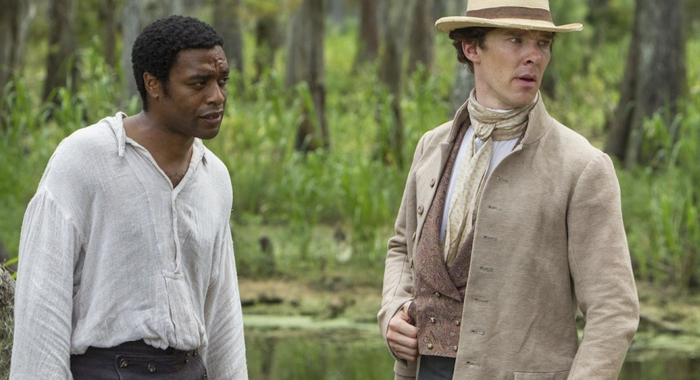
Before they shared the screen as Doctor Strange and Baron Mordo in Doctor Strange, Cumberbatch and Chiwetel Ejiofor met under very different circumstances in 12 Years a Slave — Ejiofor as kidnapped free man-turned-slave Solomon Northup, and Cumberbatch as William Ford, the first plantation owner to purchase him. Northup’s journey to Ford was decidedly unpleasant, but it was unfortunately a mere prelude to more than a decade of brutal misery suffered at the hands of others after Ford felt forced to sell him — immortalized on the screen in a grueling yet searingly compelling Best Picture winner. “12 Years a Slave isn’t easy to watch, and it shouldn’t be,” wrote Moira MacDonald for the Seattle Times. “It’s one man’s tragedy, but it’s also the tragedy of countless thousands of souls beaten down, literally and metaphorically.”






